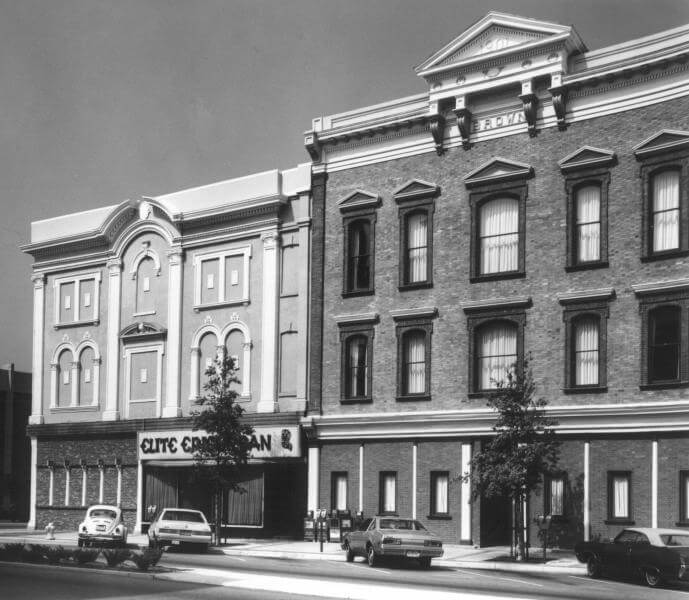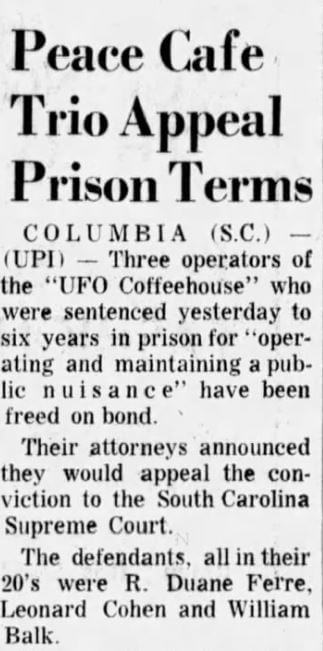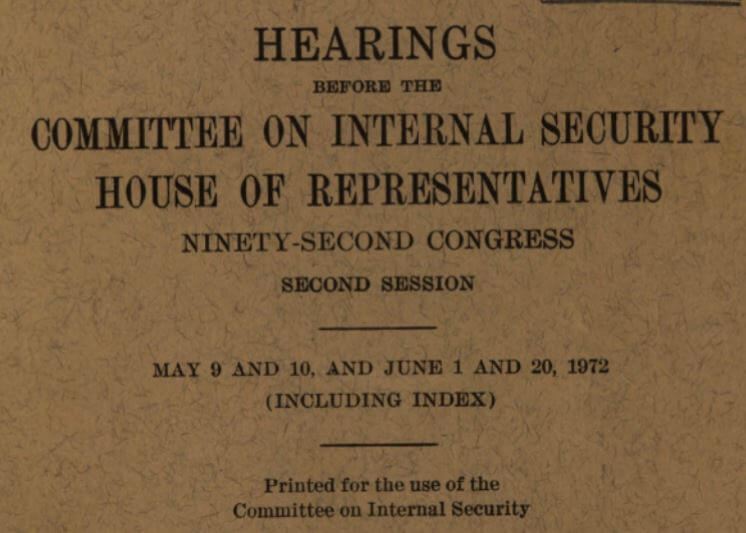In this age of freely flowing words–often too many of them–it’s hard to imagine a day when conversation actually had to be nurtured. During the Vietnam War, anti-war activists had far fewer avenues of discussion available than today: no Twitter, blogs, YouTube, or social media. Self-publication was largely confined to mimeographed newspapers. Vietnam anti-war activism tended to happen in-person, with actual people and actual words.
From the late 1960s to 1974, so-called “GI coffeehouses” sprang up near military bases to act as general purpose interfaces between anti-war pacifism and military personnel. Usually established by non-local activists, these coffeehouses acted as everything from sounding boards for just-returned G.I.’s and comforting waystations to proselytizing drug-infested dens of dirty, long-haired hippies, as David L. Parsons details in Dangerous Grounds: Antiwar Coffeehouses and Military Dissent in the Vietnam Era.
One such G.I. coffeehouse and the first of its kind was located at 1732 Main Street, Columbia, South Carolina, near Fort Jackson. On January 13, 1970, the coffeehouse was shut down by local law enforcement on the basis of being a public nuisance. UFO Coffeehouse was run by the husband-and-wife couple Duane Ferre and Merle Ferre, Leonard Cohen, William Balk, and Christopher Hannafan. All except for Hannafan (who fled to New York) were charged with operating a public nuisance and fined $10,000 each, plus each was given a 6 year jail term. The jail terms were later substantially reduced.


